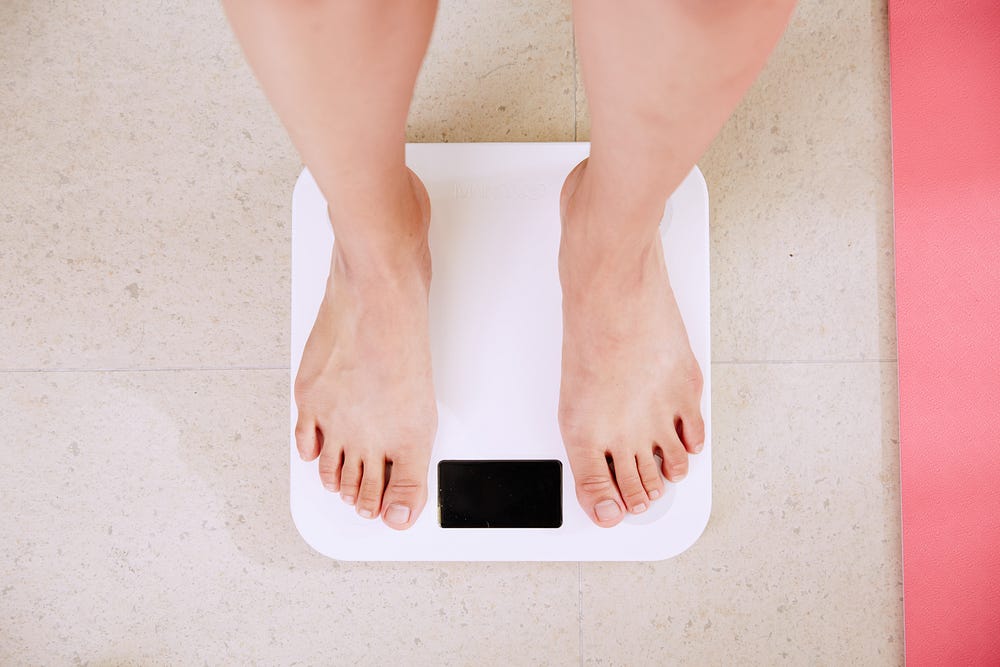Data-ify Your Life
Data, data, data. Big Data, Data as a Service, data science, personal data, private data. The world seems to be obsessed with data, whether it’s the data used by Google to recommend new YouTube videos to you, or the data being used to direct self-driving cars. But data isn’t something restricted to the Silicon Valley giants. In fact, data is all around you, just waiting to be collected and transformed into valuable insights.
I myself am a data scientist, so I love being able to access data in my own life, but you don’t have to be a data scientist (or any kind of scientist) to use data to your advantage. As I like to say, you can’t improve what you don’t measure. In this blog post, I want to look at ways that you can use data that you generate and record to improve your own life, save money, and yes, even lose weight. Let’s get started.
#1 — Tracking Your Gas Mileage
Writing down a couple of numbers from your most recent fill-up may contribute to you saving a lot of money on gas.
“black BMW sedan” by Alwin Kroon on Unsplash
When I fill up my aging blue Hyundai Elantra, I always record a few pieces of information, a practice I inherited from my dad, an accountant whose obsession with data I no doubt inherited as well. Whenever I fill up, I record:
- the date
- the gas station I fill up at (i.e. Shell, Turnpike Exit 2)
- how many gallons I get
- the rate ($/gallon)
- the total cost
- the current mileage of my car
I do this on a sheet of paper, but this could easily be done in a spreadsheet on Google Sheets, which saves you the trouble of having to type the values in. It only takes a few minutes, but, over time, you can easily gain some insights into how you spend your gas money.
For example, the original purpose of recording mileage and gas consumed was to calculate the current MPG of the vehicle. If your car is older and/or doesn’t have that info on the dashboard, this can be very useful. If you see a sharp dip in fuel efficiency, it could indicate that there’s an issue with your car. (Before you go to the shop, check your tire pressure. It’s usually that.)
You can also use the information to track how much gas costs over time, to see which places are always 35 cents more expensive than the others, and to predict how much money you’ll spend on gas over the next month.
#2 — Personal Habits and Statistics
This is a rather broad category, but that’s because data collection can apply to a wide variety of things in your life!
“closeup photo of 100 US dollar banknotes” by Pepi Stojanovski on Unsplash
Do you want to improve your spending habits? Start logging your transactions on mint.com (Free), You Need A Budget ($7/month after free trial), or a spreadsheet (Free). Track your spending on different categories like fast food, clothing, and video games, and after a short time, you’ll have a good benchmark to compare you subsequent spending against.
“pencil on opened notebook” by JESHOOTS.COM on Unsplash
Do you want to improve your mood? Keep a diary! This is one of the areas where qualitative data (data that isn’t related to a solid number) can be extremely beneficial. Keep track of what you do in a given day, what kinds of people you interacted with and what kinds of experiences you had, and then write down a general statement about your mood over the day. After a few weeks, you’ll have a good idea of what sorts of things can ruin your mood or leave you angry for days.
“woman sleeping on bed under blankets” by Gregory Pappas on Unsplash
How about improving your sleep? One of your best friends in your journey towards data collection are wearables and other IoT gadgets. Smartwatches like the Fitbit Charge ($150) can track your sleep, as well as other things like your heart rate, steps, and calories burned during the day. With it, you can understand why exactly you feel so damn tired every morning or why your night was full of crazy dreams, and, if you combine it with the diary method from above, can record and isolate the best habits for a good night sleep.
#3 — Lose Weight
“person standing on white digital bathroom scale” by i yunmai on Unsplash
Almost everyone wants to lose weight, but not too many people take a look at their diet and exercise as a whole over time. Many will plug in their food into MyFitnessPal or Cronometer (my personal favorite) and then forget about it. Maybe they’ll chart their progress over a month or so, but what they’re missing out on is the great insights that very granular data can give them.
Personally, I’ve been logging my daily weigh ins, body fat, calories eaten, calories burned, macronutrients, as well as a few other metrics into a spreadsheet for the past 6 months or so. This sheet, along with various calculations I performed on the numbers, allow me to see how minute changes in my diet and activity level affect my day-to-day weight loss or gain.*
Using this data, which I’ve collected through a variety of platforms and devices (I’ll have a post detailing my process soon), allows me to have an extremely granular and nuanced view into my weight loss process and gives me the ability to individualize my diet strategy to the one that works best for me. Even if you only track weight and calories, this could be a beneficial tool for you in your journey towards your best self!
Conclusion
Data is everywhere, all you need to do is collect it. There are many, many platforms, software programs, and special notebooks dedicated to collecting quantitative and qualitative data, but the easiest and simplest is just a blank spreadsheet and a dedication to writing everything down. Enjoy your new data-driven life! It only trends upward from here.
“finance report illustration” by rawpixel on Unsplash
** Note: I usually do not recommend that people who are just starting out on their weight loss journey weigh themselves every day, as this can cause a lot of unnecessary stress and anxiety over the number on the scale. Personally, this works for me, but I encourage you to stick to about 3 weigh-ins per week. This is enough to spot trends in your weight without having to be neurotic about weigh-ins*





